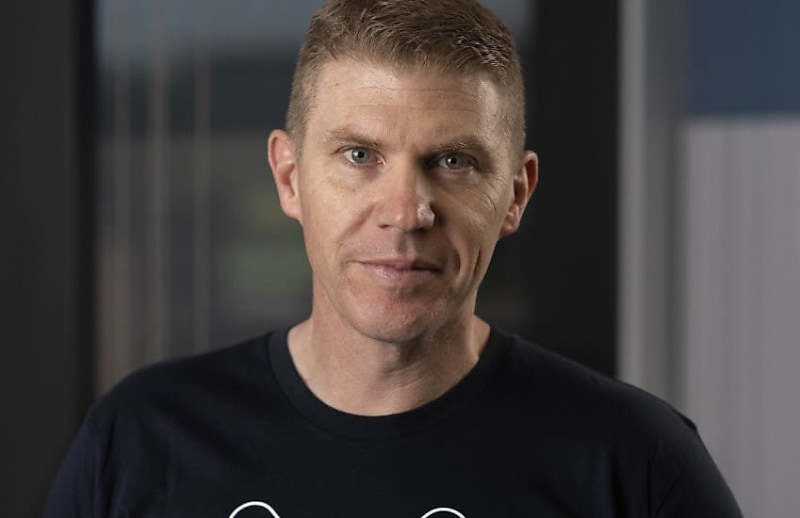Xero business index tumbles on slower sales, payment times
BusinessAfter a landmark result in June, “resilient” firms are still making headway despite difficult conditions, it says.

Xero’s Small Business Index tumbled to 111 in July from 156 the month before due to slower sales and longer wait times for payment.
With the June result inflated by the end of the financial year, Xero managing director Australia and Asia Joseph Lyons said businesses were making headway despite difficult economic conditions.
“Small businesses remained resilient in the face of inflation and other supply chain challenges according to the July index,” he said.
“While inflation is impacting small businesses globally, our data shows that Australian small businesses are faring slightly better compared to those in New Zealand and the UK in terms of sales.
“While this doesn’t mean it’s smooth sailing for local small businesses – as most can attest to – it’s promising to see an overall above-average result, especially for sectors that have been doing it tough.”
Slower sales growth, which fell to 7.5 per cent from 11.4 per cent in June, was the greatest concern. The firm put it down to customers facing increased cost-of-living pressures with prices rising faster than wages.
“When prices are taken into account, using the June quarter consumer price index, it suggests that the volume of sales rose a smaller 1.4 per cent, down from 5.4 per cent in June,” said Xero economist Louise Southall.
“But this means small businesses still sold more goods and services in July 2022 than they did in July 2021.
“This is different to the experience of small businesses in other countries like the UK and New Zealand, where sales, excluding price impacts, have actually declined for June and July.”
After wait times for payment fell in June, it rose to 23.2 days in July while late payment times also rose to 6.5 days.
Xero’s data also showed wages at small businesses failed to increase significantly despite a rise in the minimum wage at the beginning of the month, although its finding of a 3.6 per cent year-on-year increase was above the ABS figure of 2.6 per cent.
Xero said the ABS statistics failed to take into account public sector wages and its figures were a month ahead of the ABS data.
The company found that the healthcare industry continued to have record low wage growth of 2.7 per cent while information media and telecommunications were the picks of the industries at 4.3 per cent.
Ms Southall was surprised by the slow pace of wage growth but expected the effect of rises to be seen in coming months.
“July was the first month of the new financial year where the increase in minimum and award wages was in place and we didn’t see a significant effect,” said Ms Southall.
“We will get more award wage information in October when the award wage rise comes into effect for the hospitality industry.”
Xero found that small businesses had their strongest month for jobs since August 2021 with a rise of 4.1 per cent.
It was the third month in a row with positive job growth and NSW led the way at 7.7 per cent while Tasmania recorded its first increase in seven months at 1.8 per cent.



